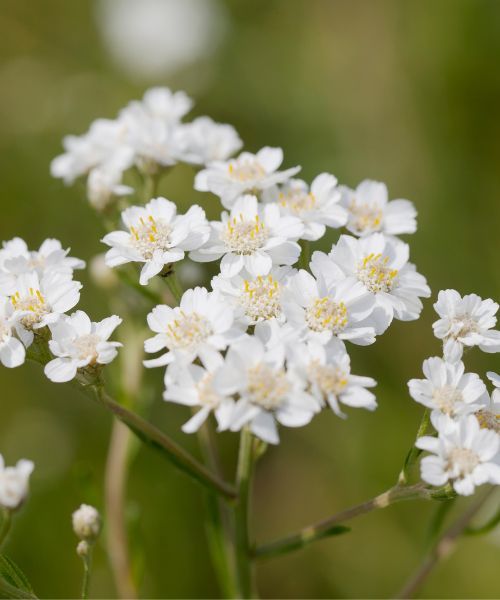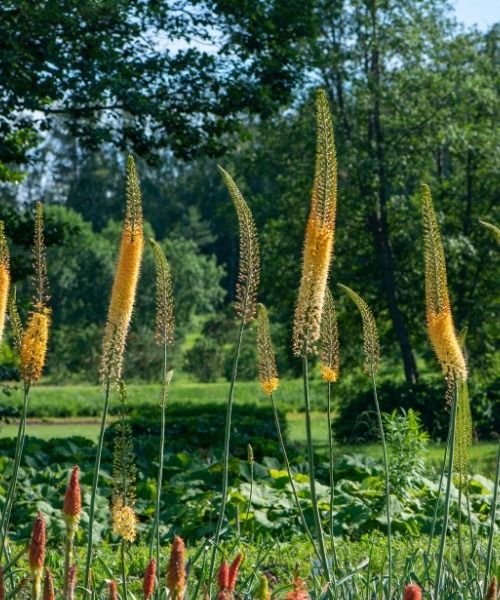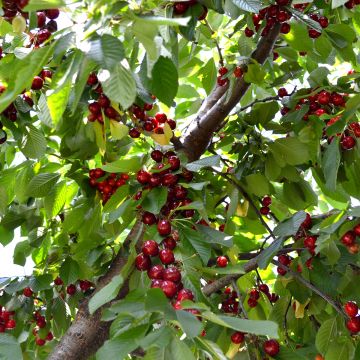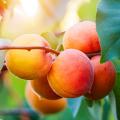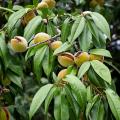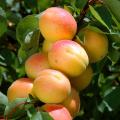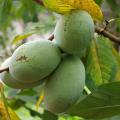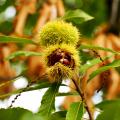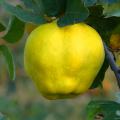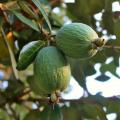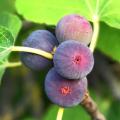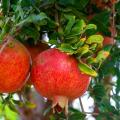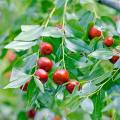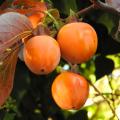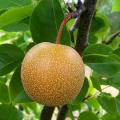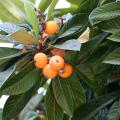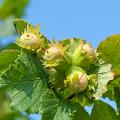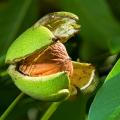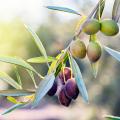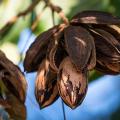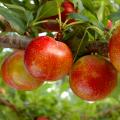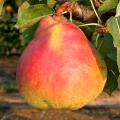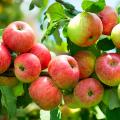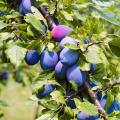Shipping country and language
Your country of residence may be:
Your country of residence is:
For a better user experience on our website, you can select:
Your shipping country:
Andorra
Austria
Belgium
Bulgaria
Canada
Chile
Croatia
Cyprus
Czechia
Denmark
Estonia
Finland
France
Germany
Greece
Hungary
Iceland
Ireland
Italy
Latvia
Lithuania
Luxembourg
Malta
Monaco
Netherlands
Poland
Portugal
Romania
Slovakia
Slovenia
Spain
Sweden
Switzerland
United Kingdom
We only deliver seed and bulb products to your country. If you add other products to your basket, they cannot be shipped.
Language:
French
German
Spanish
English
My Account
Hello
My wish lists
Plantfit
Log in / Register
Existing customer?
New customer?
Create an account to track your orders, access our customer service and, if you wish, make the most of our upcoming offers.
Cherry trees, all our special offers
Does this plant fit my garden? Set up your Plantfit profile →
Available in 5 sizes
The Cherry Tree refers to two species of the Rosaceae family, sour cherries (Prunus cerasus) and sweet cherries (Prunus avium). It is a very hardy fruit tree, withstanding winter cold more easily than summer heat. Easy to grow, the Cherry Tree thrives in all types of soil, acidic or alkaline, moist and light, but it dislikes very clayey, shallow, and suffocating soils. The Sour Cherry is the most well-known and widespread cherry variety in gardens, the Burlat, Napoleon, or Coeur de Pigeon varieties are the most flavorful, sweetest, and most consumed. On average, a Cherry Tree produces 50 to 70kg of cherries per year, the production varies depending on the quality of the surrounding pollinating trees, and it is improved by planting 2 different cherry varieties; the Van variety is a good pollinator. Expect a harvest about 40 days after flowering.
Haven't found what you were looking for?
The flowering period indicated on our website applies to countries and regions located in USDA zone 8 (France, the United Kingdom, Ireland, the Netherlands, etc.)
It will vary according to where you live:
- In zones 9 to 10 (Italy, Spain, Greece, etc.), flowering will occur about 2 to 4 weeks earlier.
- In zones 6 to 7 (Germany, Poland, Slovenia, and lower mountainous regions), flowering will be delayed by 2 to 3 weeks.
- In zone 5 (Central Europe, Scandinavia), blooming will be delayed by 3 to 5 weeks.
In temperate climates, pruning of spring-flowering shrubs (forsythia, spireas, etc.) should be done just after flowering.
Pruning of summer-flowering shrubs (Indian Lilac, Perovskia, etc.) can be done in winter or spring.
In cold regions as well as with frost-sensitive plants, avoid pruning too early when severe frosts may still occur.
The planting period indicated on our website applies to countries and regions located in USDA zone 8 (France, United Kingdom, Ireland, Netherlands).
It will vary according to where you live:
- In Mediterranean zones (Marseille, Madrid, Milan, etc.), autumn and winter are the best planting periods.
- In continental zones (Strasbourg, Munich, Vienna, etc.), delay planting by 2 to 3 weeks in spring and bring it forward by 2 to 4 weeks in autumn.
- In mountainous regions (the Alps, Pyrenees, Carpathians, etc.), it is best to plant in late spring (May-June) or late summer (August-September).
The harvesting period indicated on our website applies to countries and regions in USDA zone 8 (France, England, Ireland, the Netherlands).
In colder areas (Scandinavia, Poland, Austria...) fruit and vegetable harvests are likely to be delayed by 3-4 weeks.
In warmer areas (Italy, Spain, Greece, etc.), harvesting will probably take place earlier, depending on weather conditions.
The sowing periods indicated on our website apply to countries and regions within USDA Zone 8 (France, UK, Ireland, Netherlands).
In colder areas (Scandinavia, Poland, Austria...), delay any outdoor sowing by 3-4 weeks, or sow under glass.
In warmer climes (Italy, Spain, Greece, etc.), bring outdoor sowing forward by a few weeks.
